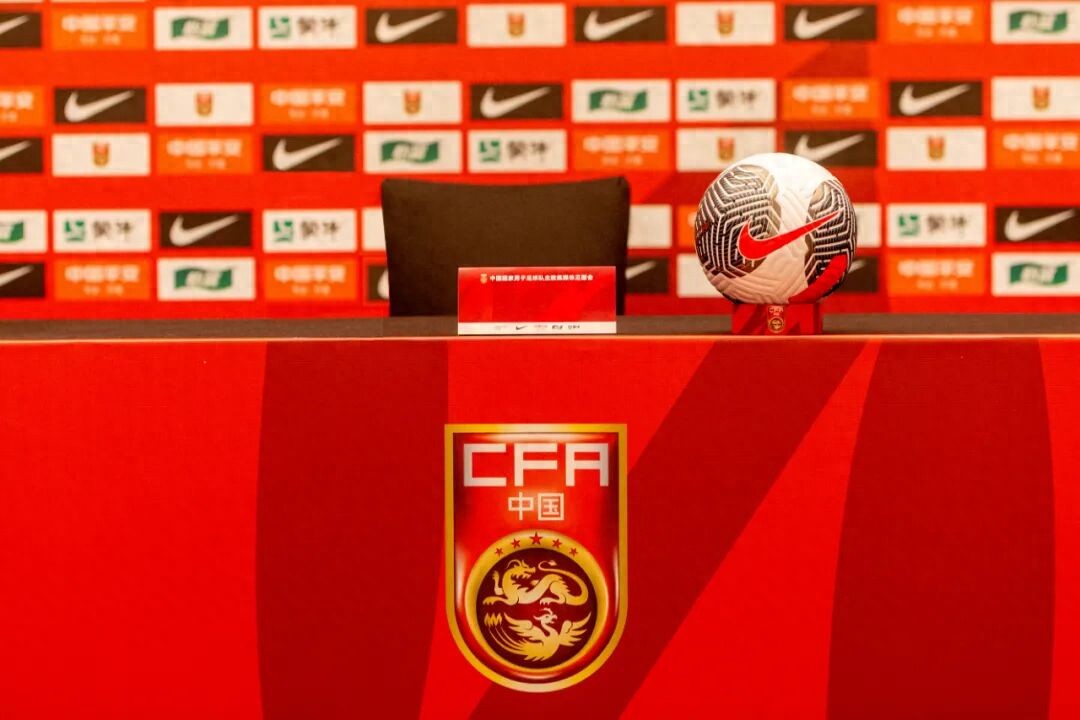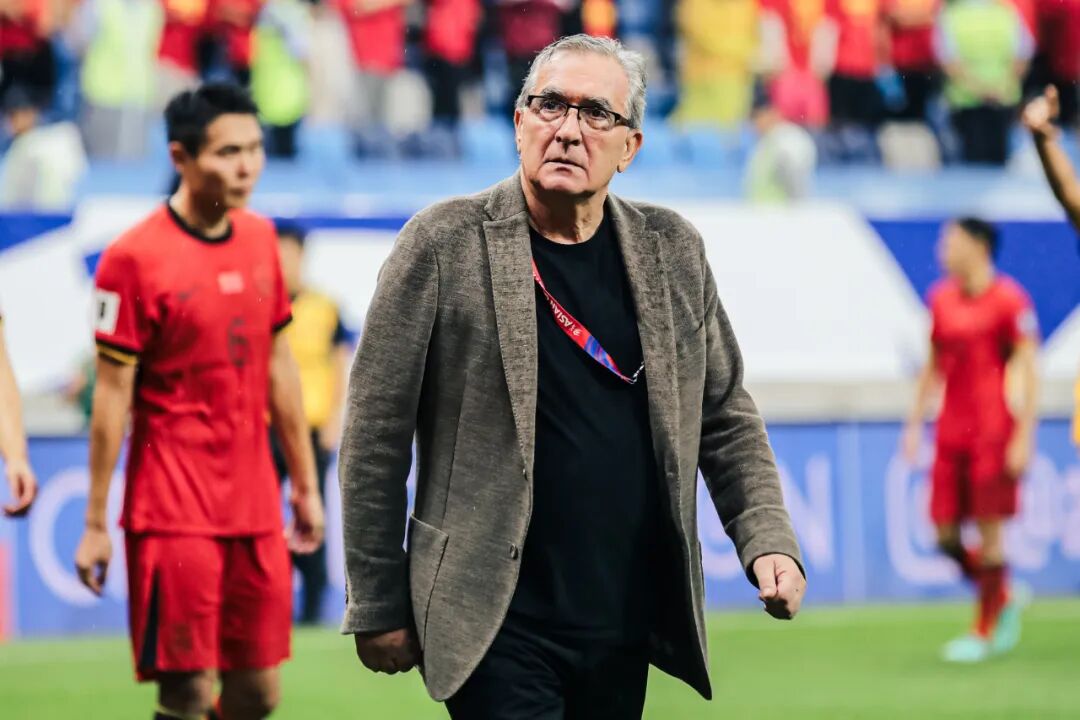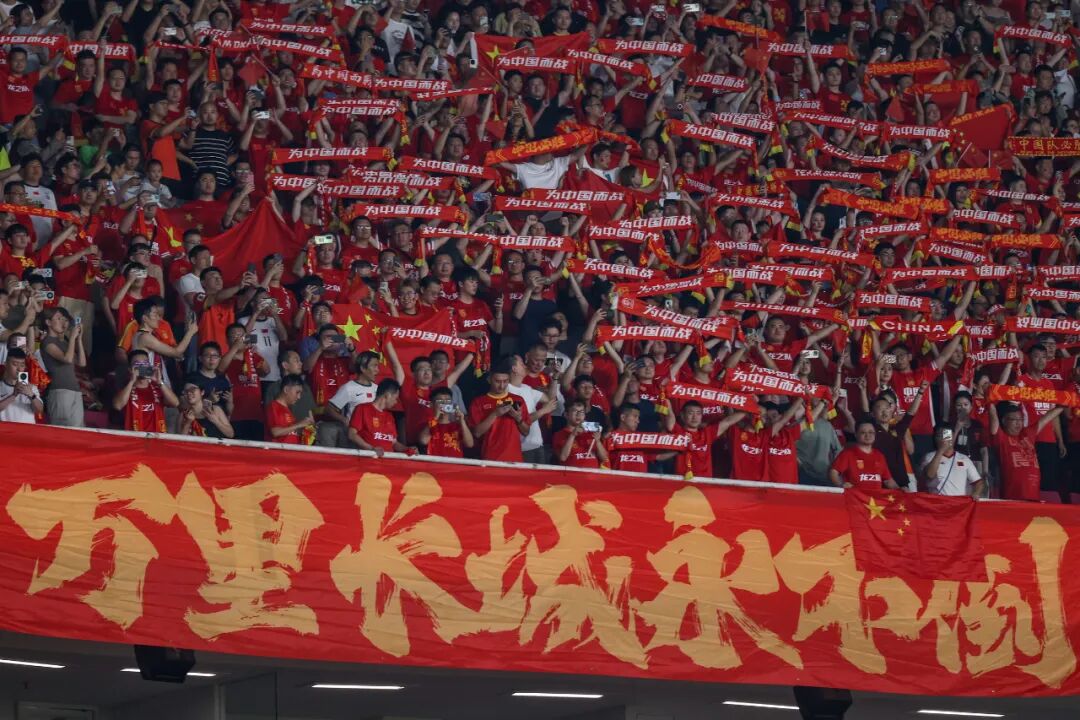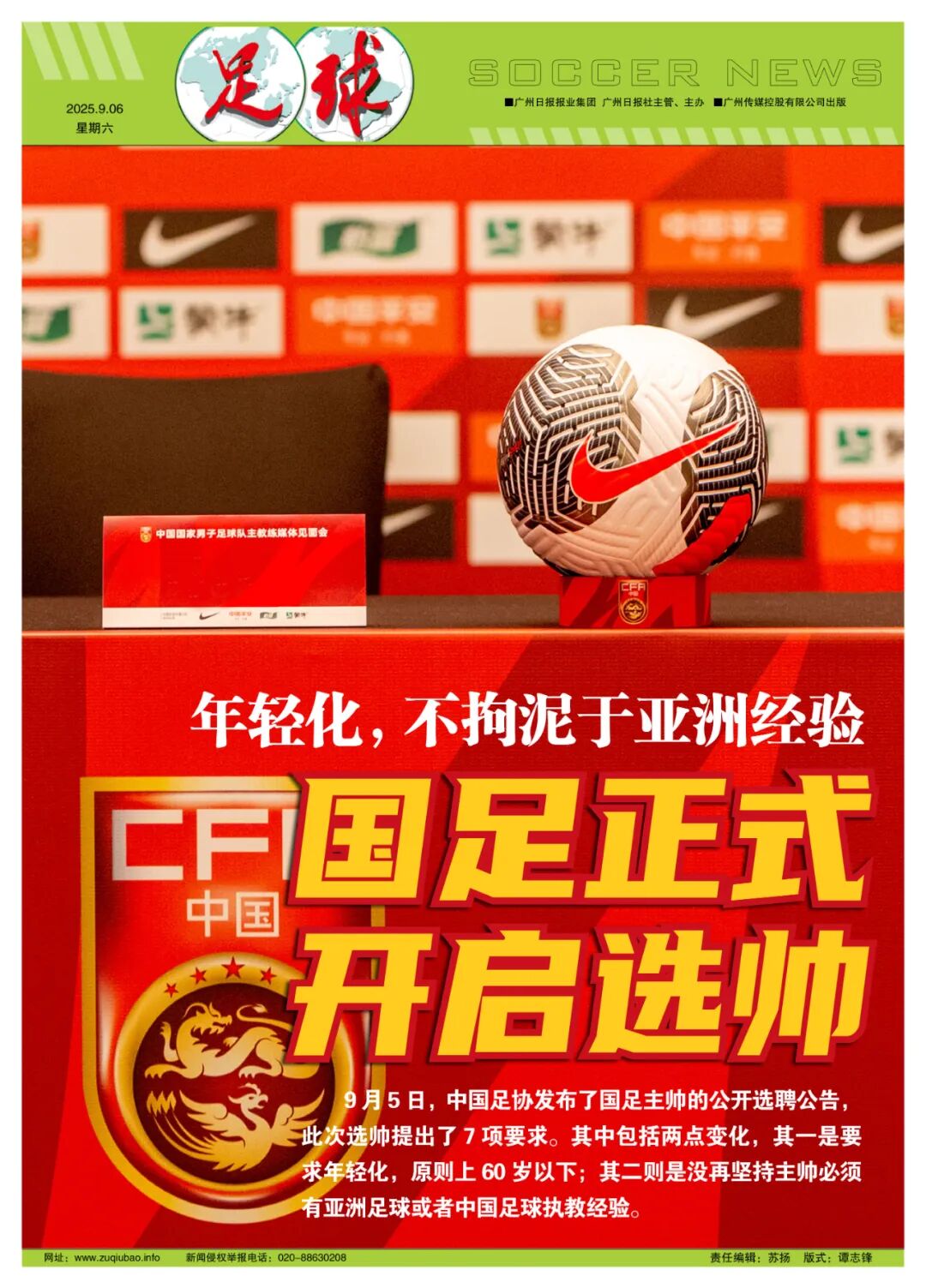Chinese National Football Team Coach Selection: Emphasizing Youth and Moving Beyond Asian Experience

Reporter Chen Yong reports On September 5th, the Chinese Football Association issued the recruitment announcement for the national team head coach, emphasizing youthfulness with a general age limit below 60 and no longer confining the choice to coaches with Asian experience.

The association's seven criteria for selecting the coach are: (1) holding a professional coaching license with a valid certification; (2) having experience as head coach in official final stages of national team competitions organized by FIFA or continental federations, or coaching in top European or Asian leagues; (3) generally under 60 years old, nationality unrestricted, and required to work full-time; (4) possessing strong communication skills; (5) being physically healthy, having good character, and maintaining a positive social image; (6) no doping violations, criminal records, or legal disputes that could affect fulfilling national team duties; (7) deeply understanding modern high-level match tactics and competition trends, and adhering to a proactive playing philosophy and tactical style.
Among these seven criteria, the first, fifth, and sixth are basic requirements, while the other four specify detailed standards for selecting the coach.
Regarding age, after two foreign coaches over 70—Lippi and Iván—the association now prefers candidates generally under 60, reflecting a trend toward younger coaches. Currently, the global football scene shows a clear shift to younger head coaches, such as Liverpool’s Klopp at 47, Arsenal’s Arteta at 43, Tottenham’s Conte at 52, and Manchester City’s Guardiola at 54.

Of course, “generally” means the rule is not rigid. If a coach meets other criteria well, being around 65 years old is not necessarily disqualifying. Considering overall conditions, coaches near 65 can combine energy and experience effectively, especially since national team coaching is less intense than club management. Slightly relaxing the age limit on the basis of youthfulness is acceptable.
“Possessing strong communication skills” clearly addresses the unique management system of the national team, aiming to improve collaboration between the Football Association and the head coach.
Tactically, the requirement to “adhere to a proactive playing philosophy and tactical style” is arguably the most challenging to realize, especially since the national team’s strength is unlikely to improve substantially in the coming years. Important matches will most likely be played with a defensive counterattack approach.
The most critical point is that the association no longer insists the coach must have Asian or Chinese football experience. Meeting any one of these four conditions—FIFA official final stage matches, continental federation official final stage matches, European leagues, or top Asian leagues—is sufficient, thereby broadening the pool of foreign coach candidates.


The selection process actually began after the final round of the top 18 competition on June 18th. Early efforts focused on adjusting the selection model and gathering many coaches’ profiles. This announcement officially starts the formal selection procedure.
Regarding the selection model, the association highlights the technical aspect by giving more respect and authority to the technical department or technical director in the coach selection process, aiming to enhance rationality. However, this also presents a challenge, as the technical director position has not yet been finalized, which affects the selection work.
Currently, there is no confirmed information about preferred candidates, but the preliminary work will definitely help narrow down the options and define targets.
Concerning the national team’s training and matches, with only one month left until the October international match window, it would be ideal to confirm the head coach before then; otherwise, training will be affected—conducting training under an interim coach would be largely ineffective.



Wonderfulshortvideo
Pace and technique 😮💨


spain 6-0 turkey. yamal assist yamal highlights vs turkey. pedri goal. merino hattrick


Picking out the top corner 😮💨


international football all time starting xi








 Links
Links
 Contact
Contact
 App
App


